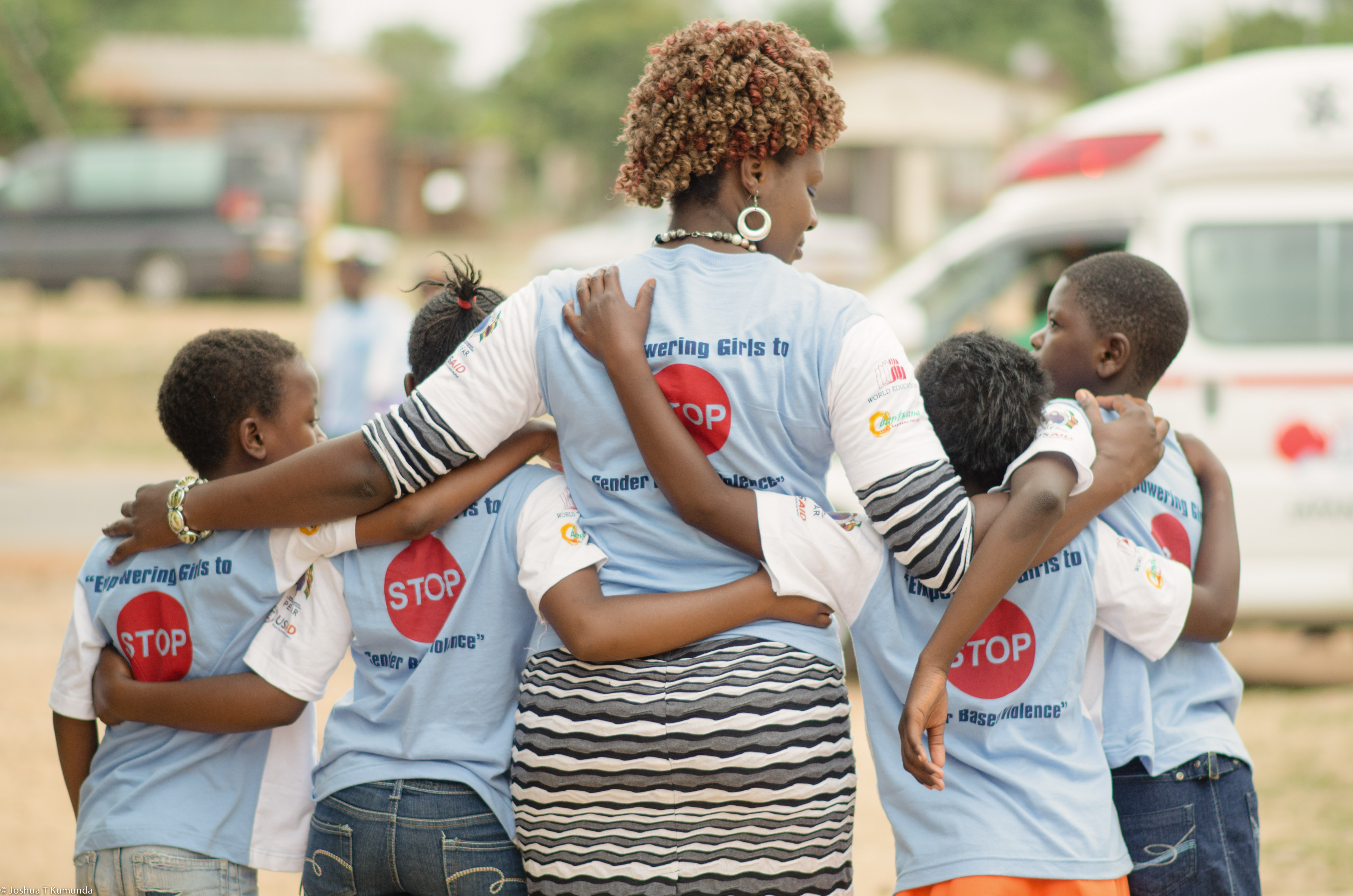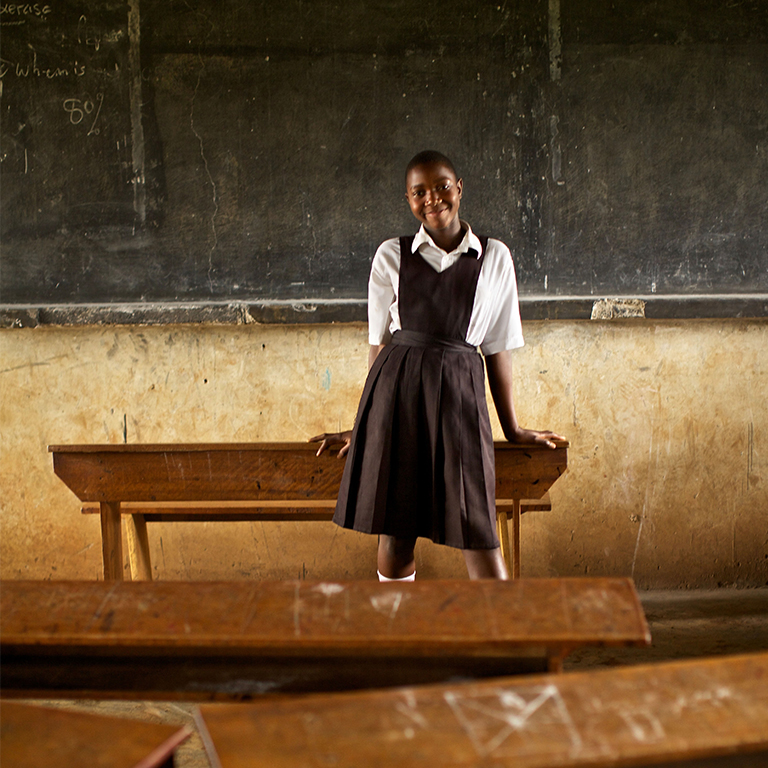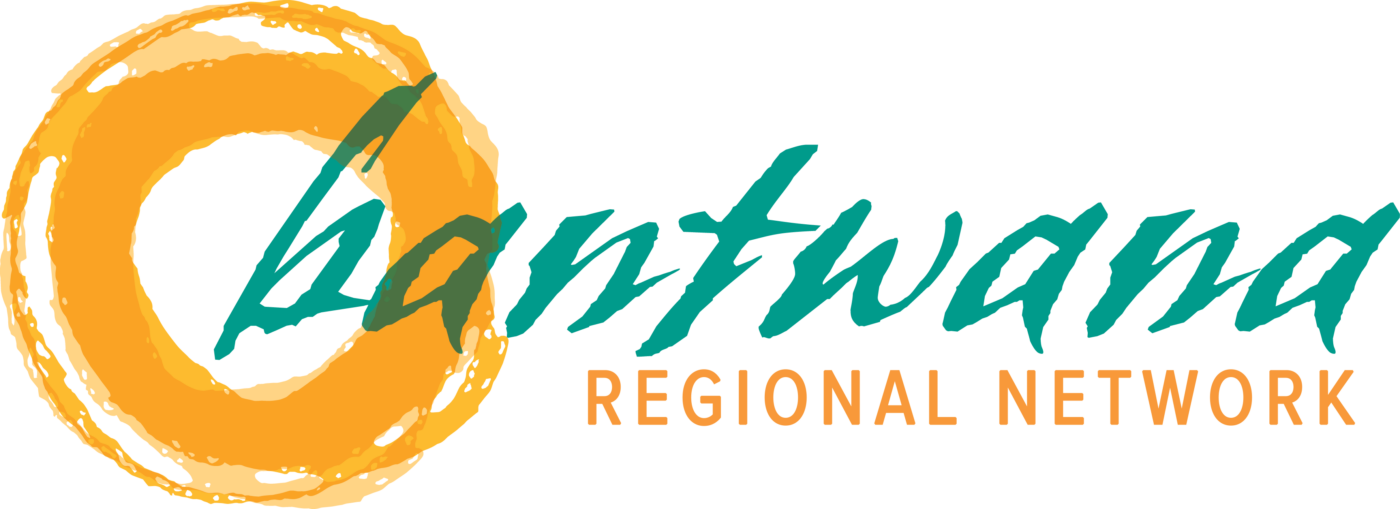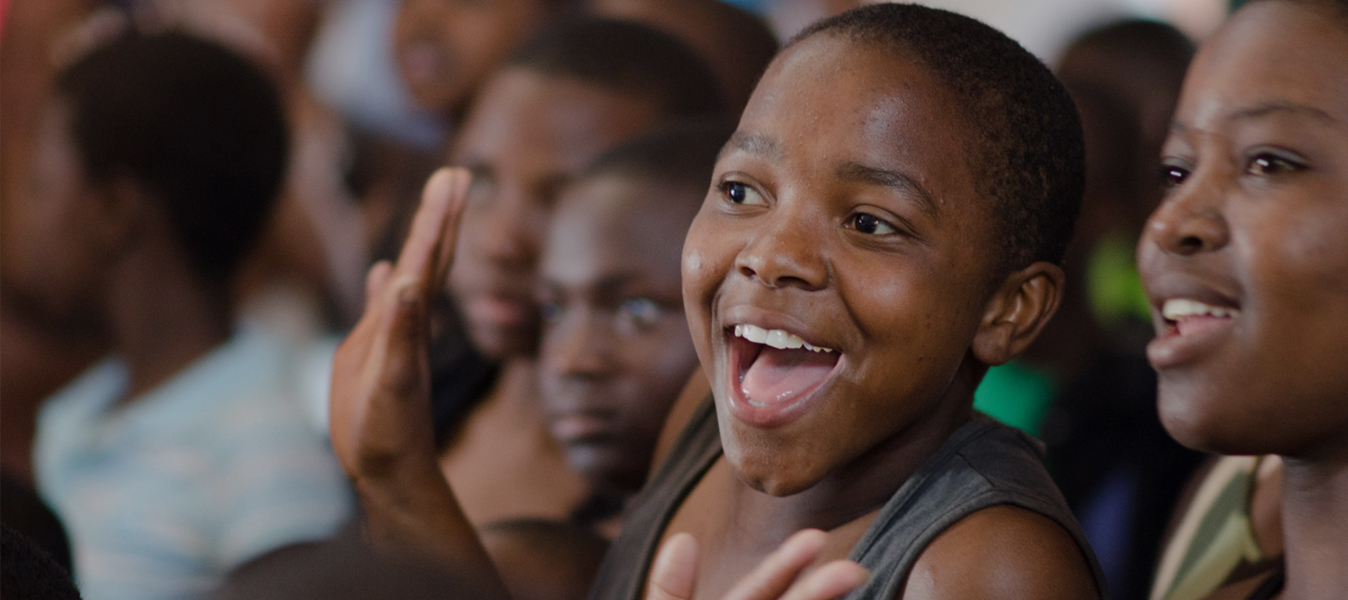
What We Do
The Bantwana Regional Network draws on members’ program experience and evidence-based practices to support a strategic learning community and spark cross-country, regional innovation for greater impact.
CODE OF CONDUCT
We adhere to best-practice programming principles and high standards in financial, governance, monitoring, and other aspects of our work.
THOUGHT LEADERSHIP
We host communities of practice, share learning, and collaborate on multi-country opportunities for technical assistance and capacity building.
OUR COMMITMENT
We advocate to center the health, social, education, and economic needs of vulnerable children, young people, and their families.

A Shared Technical Strategy
Bantwana Regional Network members deliver comprehensive, integrated programming that addresses the complex realities and needs of vulnerable children and young people. While specifics can vary per country, district, or even community, a central pillar in our work is ensuring access to social and child protection and violence prevention resources; formal and alternative education options; and a full range of primary, sexual and reproductive health, and HIV services.
Network members address the myriad structural drivers of vulnerability, to increase resilience and decrease risks to health and wellbeing that are exacerbated by poverty. These factors range from the socio-cultural aspects (harmful attitudes and practices around gender and youth, for example) to the increasing number of climate crises confronting rural Africans (flooding, cyclones, drought). Improving wellbeing involves mitigating the risks of HIV/AIDS, other infectious diseases, and unwanted pregnancies; building business, and financial skills and assets; and enhancing access to safe schooling and relevant education and employment opportunities.
In the process, we build the capacity of communities, civil society, and governments to coordinate and deliver wraparound services within a community referral network and case management approach.
Building from the principles of human-centered design, our activities incorporate both specialized and cross-cutting strategies that address:
- Capacity development and systems strengthening and institutional capacity building
- Integrated education access and quality, in both formal and alternative learning settings, that incorporate traditional subjects as well as adaptive life and socio-emotional skills
- Positive youth development, with an emphasis on adolescent girls and young women, who are at high risk of HIV, unwanted pregnancy, and gender-based violence
- Livelihoods, economic resilience, and work-readiness for parents and caregivers as well as youth
- Climate-forward and post-crisis grassroots rebuilding and trauma recovery
- The use of interactive communications technologies to bolster and improve training delivery and service tracking.

